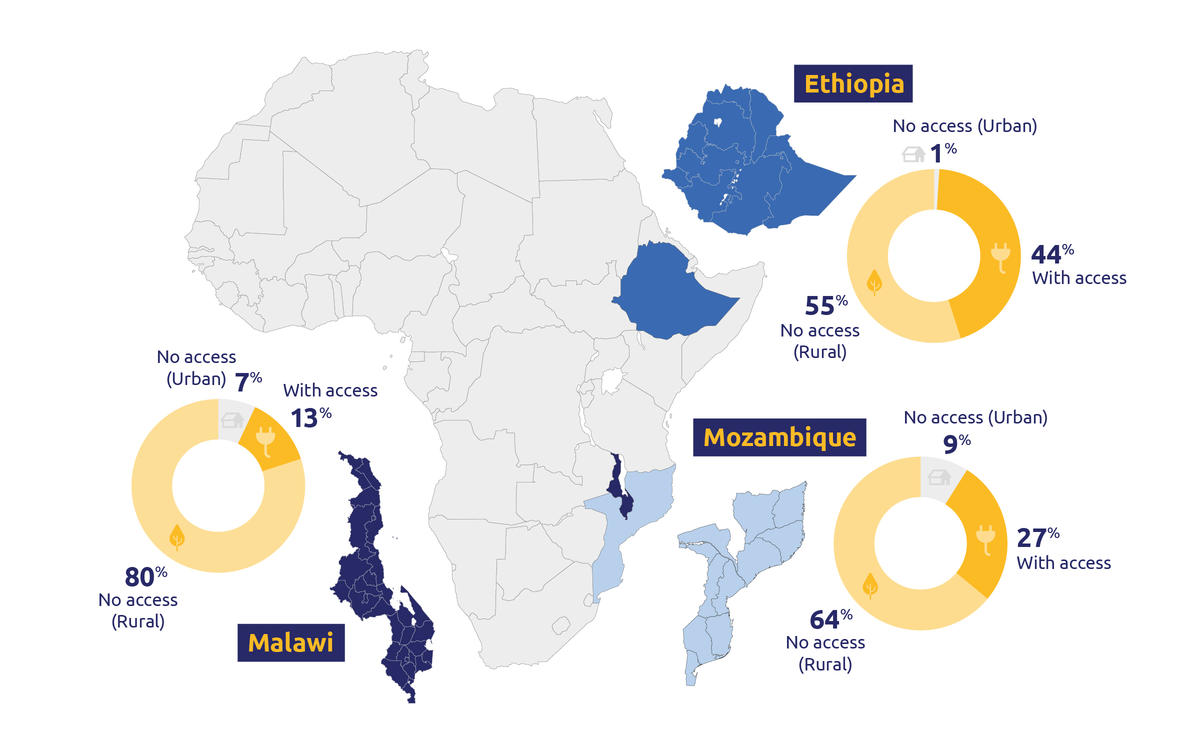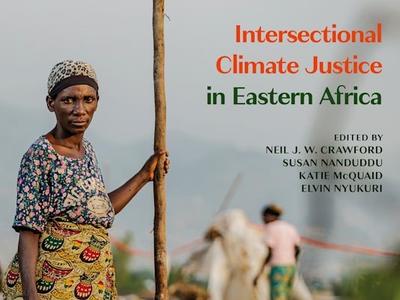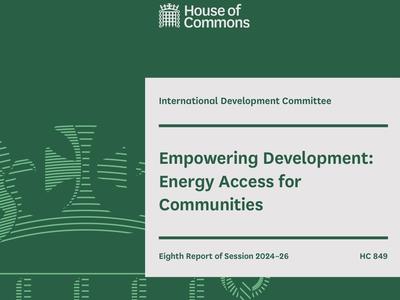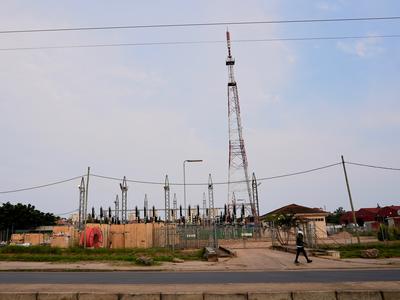Community Energy Systems and Sustainable Energy Transitions in Ethiopia, Malawi and Mozambique (CESET)
A collaborative multi-institutional research partnership funded by the Global Challenges Research Fund, CESET explores the potential of community energy systems to accelerate inclusive, just, and clean energy transitions in Ethiopia, Malawi, and Mozambique.

Map showing extreme precarity of energy access in Ethiopia, Malawi, and Mozambique









